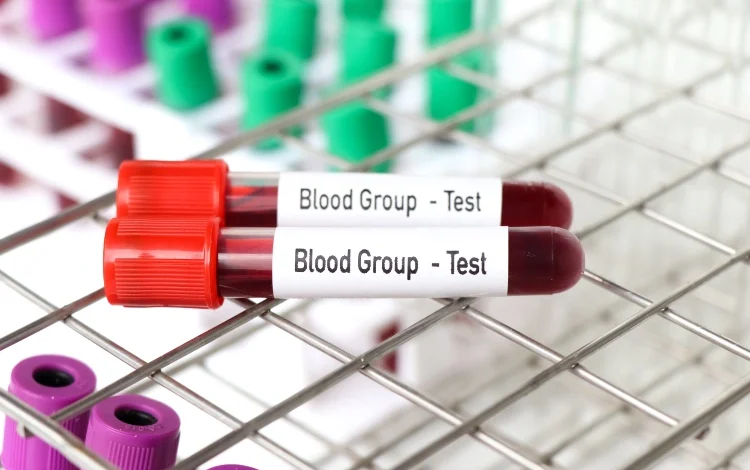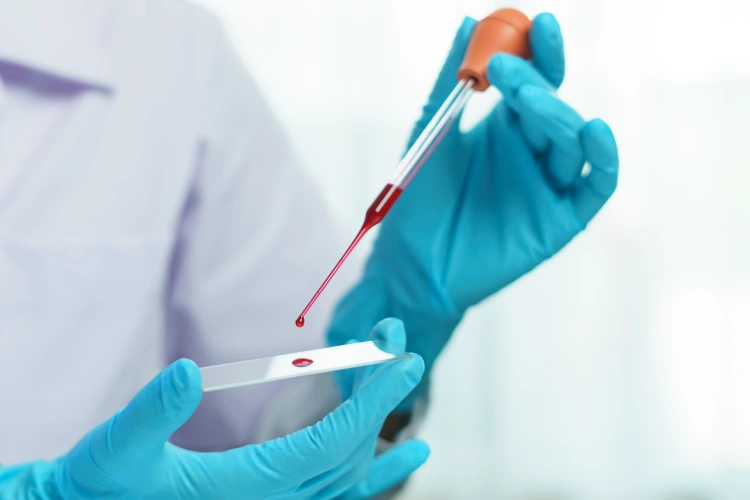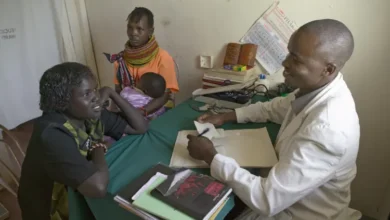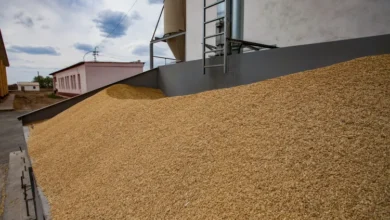
French Scientists Identify New Blood Type in Woman From Guadeloupe During Routine Test
The Rare Blood Type Known as Gwada Negative Was Confirmed After Years of Research and Is Now Recognized as the 48th Blood Group System in the World
A woman preparing for a routine surgical procedure in Paris has been identified as the only known person in the world with a previously unrecognized blood type, Gwada Negative. French scientists announced that this discovery, made more than a decade ago and now confirmed, has officially been recognized as the 48th blood group system.
The woman, originally from the Caribbean island of Guadeloupe and 54 years old at the time, had undergone standard pre-operative blood testing in 2011 when doctors noted something unusual. A rare antibody appeared during her screening that did not match any known blood group patterns.
Initial Discovery Halted by Limited Resources

Thierry Peyrard, a medical biologist with the French Blood Establishment (EFS), was part of the team that examined the case. He explained that at the time, researchers did not have the tools or resources needed to understand the anomaly fully. The sample was set aside, and the investigation paused.
It was not until 2019 that progress resumed, thanks to advances in DNA sequencing. Using high-throughput genetic analysis, researchers identified a mutation that explained the rare antibody. The genetic change was inherited from both parents, each carrying a version of the altered gene.
Peyrard noted that the woman remains the sole identified individual with this particular blood type, meaning her blood is only compatible with her own.
Naming and Recognition of a New Blood Group
The new blood group system has been named “Gwada Negative,” a reference to the patient’s origin from Guadeloupe. The term was chosen for its clarity and simplicity across multiple languages. The name also helps distinguish it from other rare groups already in use.
Earlier this month, the discovery received formal recognition from the International Society of Blood Transfusion during a meeting in Milan.
While most people are familiar with common classifications such as A, B, AB, and O, the complete field of blood grouping is far more complex.
Blood classification depends on which antigens are present or missing on the outer layer of red blood cells. When rare genetic mutations or population-specific traits lead to unusual antigen patterns, it can make finding compatible blood for transfusions much more challenging.
The EFS stated that identifying new blood groups is essential to improving care for patients who need rare blood transfusions. Even slight differences in blood compatibility can cause serious immune responses in certain cases. For people with uncommon antigens, finding a suitable blood match is often critical to avoid complications during transfusion.
Future Search for Matches Around the World
Now that the Gwada Negative blood group has been identified and named, researchers are hoping to find other carriers. This could involve targeted outreach in regions with genetic similarities, including Guadeloupe and other Caribbean communities.
Although such discoveries are rare, they are becoming more frequent due to improvements in genetic testing and data sharing between international blood research organizations. According to Peyrard, these breakthroughs demonstrate how routine medical procedures can sometimes lead to significant scientific progress.
In this case, what began as a standard pre-surgery blood test has resulted in a permanent addition to the scientific record and a deeper understanding of human diversity at the molecular level.
[Source]




